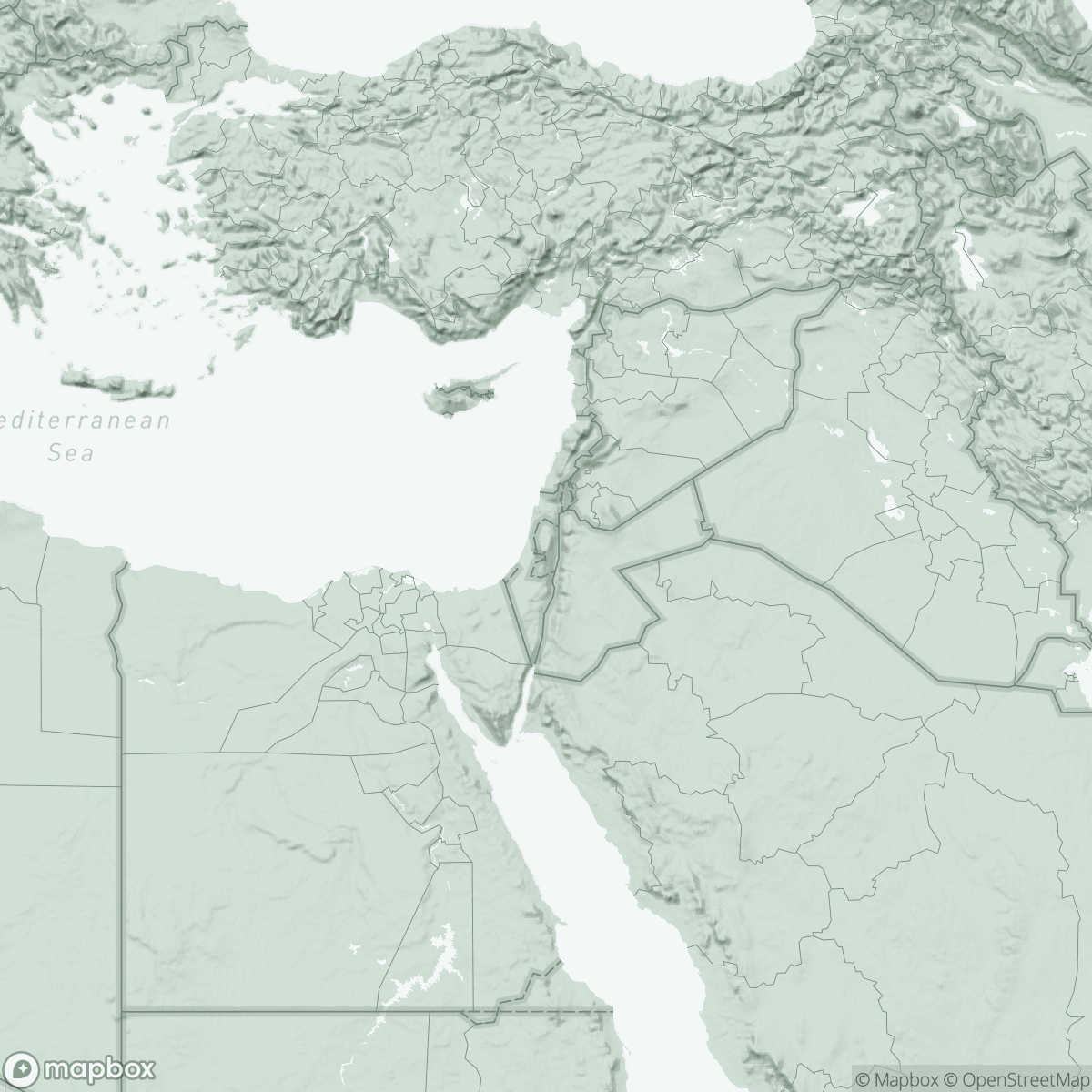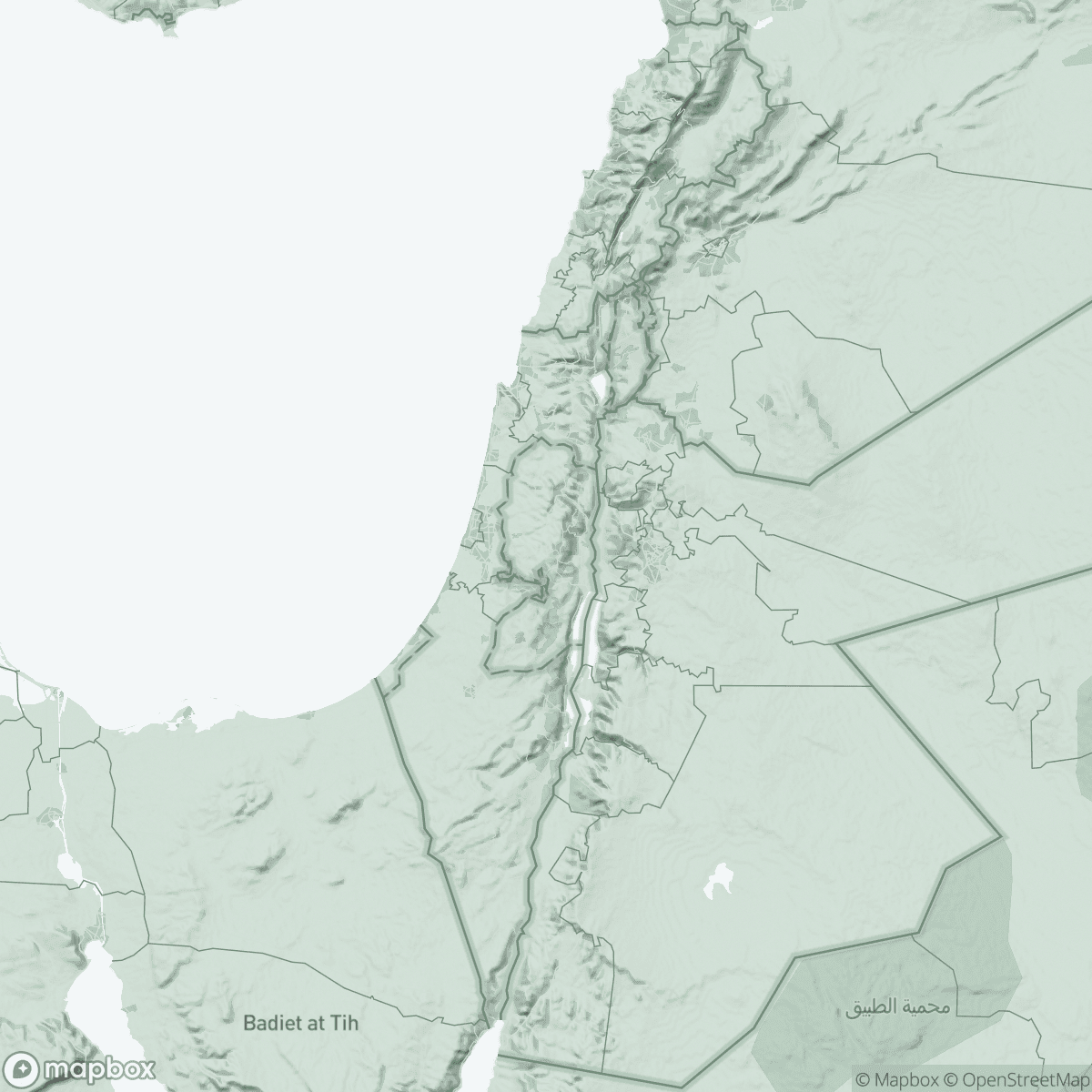
Polio vaccination campaign launched amid health system collapse
In 1 click, help us spread this information :
The Ministry of Health and the United Nations have launched a large-scale polio vaccination campaign in the Gaza Strip. This campaign started yesterday and is expected to run until September 11, taking place over three days in each geographical area (central, southern, and northern Gaza). Médecins Sans Frontières (MSF) teams will provide logistical and organizational support in five health centers in Deir Al Balah, in central Gaza, and Khan Younis, in the southern Gaza Strip.
The resurgence of polio in Gaza is a consequence of the ongoing destruction of infrastructure and the healthcare system by Israeli forces. The resulting deplorable and unsanitary living conditions, along with the lack of access to vaccination, can facilitate the spread of the disease.
The campaign and the announcement of military pauses during vaccination should not distract from the ongoing violence and its impact on the delivery of humanitarian aid. The healthcare system has been nearly completely destroyed by Israeli forces: out of 36 hospitals, only 16 are functional.
The campaign, which targets around 640,000 children under the age of 10, is a positive step, but it remains a drop in the ocean in response to critical medical humanitarian needs. The only solution is an immediate and lasting ceasefire to ensure the people of Gaza have adequate access to aid and healthcare.
A vaccination rate of 90%, which the WHO hopes to achieve, does not seem possible under these circumstances. “This target will probably not be reached,” says Dr. Amrish Baidjoe, epidemiologist and director of the Operational Research Unit in Luxembourg (LuxOR).
“In a semi-active conflict zone, it is possible to achieve a high vaccination rate during the first days, maybe 50%. After that, it becomes increasingly difficult to reach the rest. A permanent ceasefire is needed for this."
Furthermore, “many people will not want to or cannot come to the clinics,” Dr. Baidjoe continues. “Any movement in a war zone can be dangerous. If there are eight or nine-hour pauses in the fighting, what is your priority as a civilian? Checking if your relatives are still alive, gathering food, or getting your child vaccinated? Many people don’t see the urgency because polio is not yet a major problem in Gaza.”
Dr. Baidjoe, who has extensive experience in crisis zones, calls the current action against polio “both positive but also bittersweet.” “Many children in Gaza are dying from all sorts of things. I understand that fighting polio is politically well-regarded, but it’s a bit skewed.”
“The problem is not just polio,” Dr. Baidjoe continues. “Children don’t have enough to eat, they are not getting routine vaccinations, and many have lost limbs. Other vaccine-preventable diseases, such as cholera and measles, are currently a greater threat in Gaza.”
Polio is just one of many health issues impacting the population in Gaza. The unsanitary and appalling living conditions directly impact people’s health, with issues related to the lack of water and sanitation, such as skin conditions (e.g., scabies, rashes, skin infections) and gastrointestinal disorders, which are among the main diseases treated by MSF teams in our supported healthcare centers. MSF teams in primary healthcare clinics are seeing an increase in communicable diseases, such as diarrhea and skin diseases, most likely caused and aggravated by the lack of safe water and access to hygiene products.

